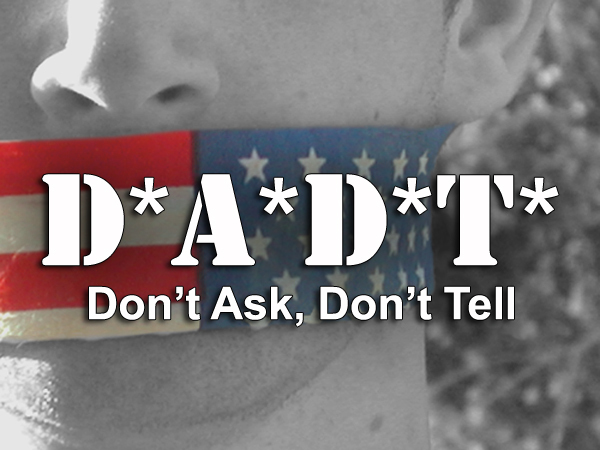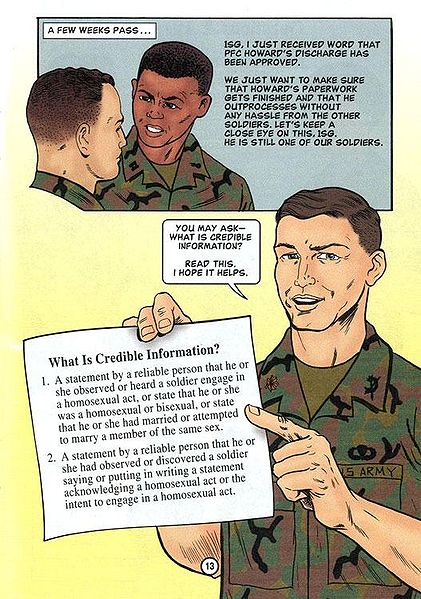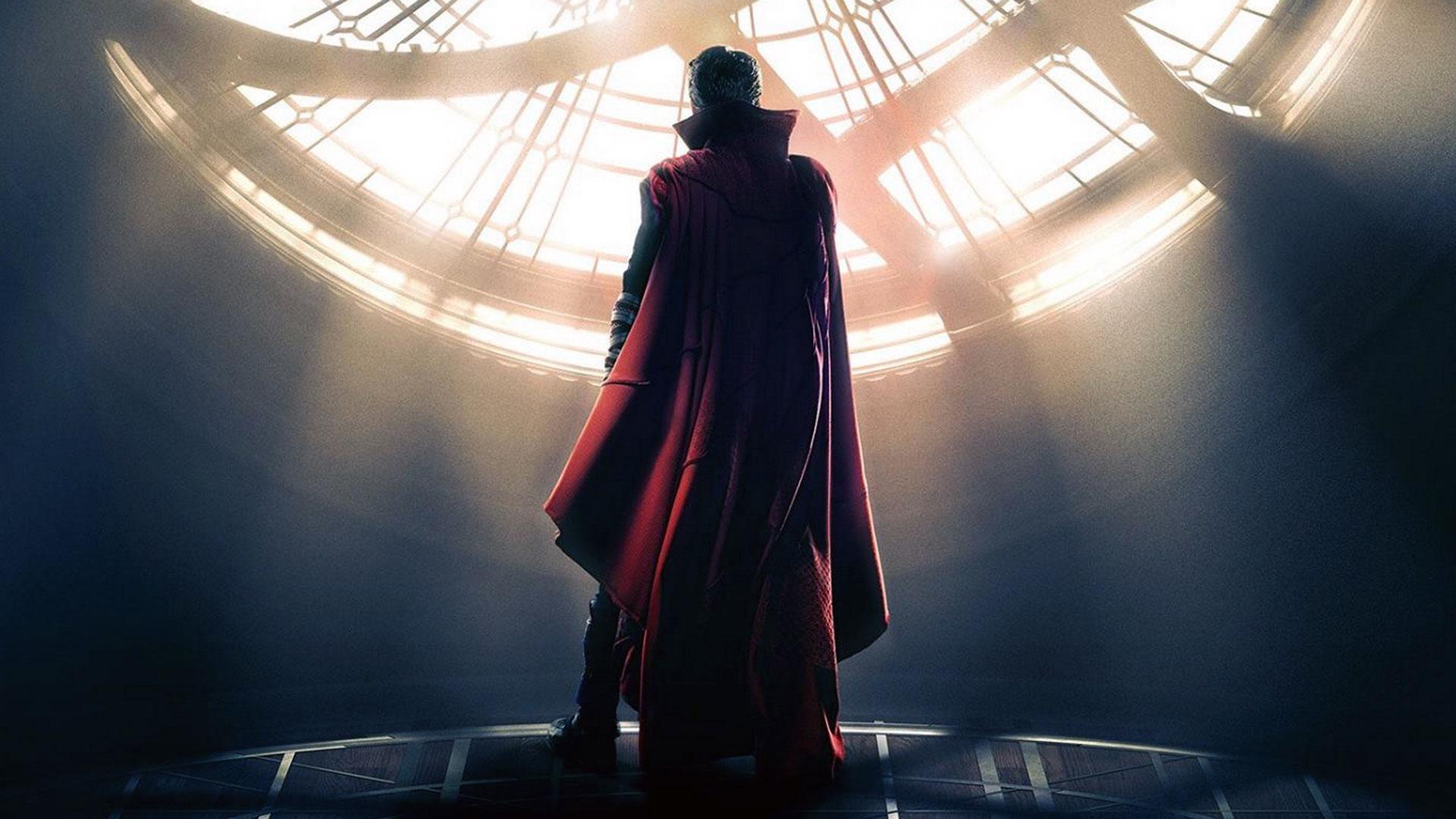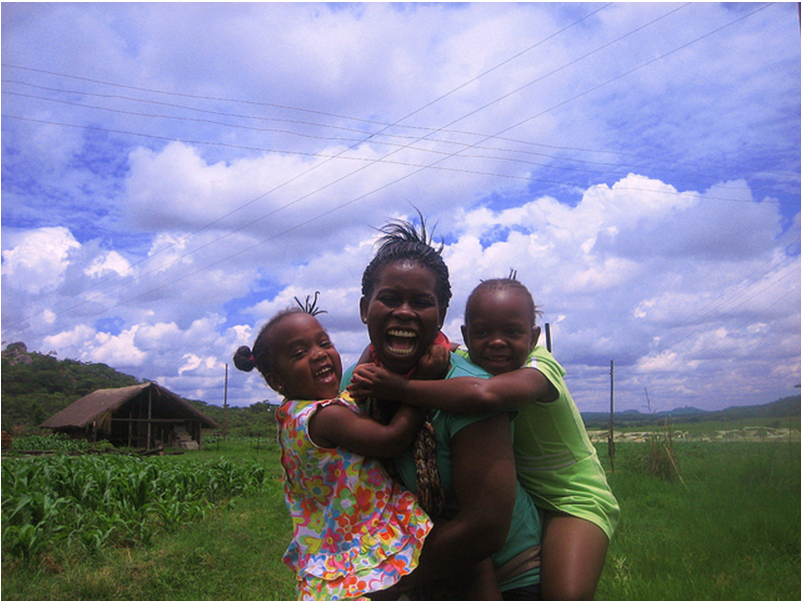Over a month after the official repeal of “Don’t Ask Don’t Tell”, its issues and implications are still a topic of discussion among Monmouth University veterans, students and faculty.
On September 20th, 2011 the U.S. military policy of “Don’t Ask Don’t Tell” was officially repealed. As the policy name suggests, it was implemented in 1993 to prohibit openly gay people from serving in the military, while also preventing discriminations against closeted homosexual service members. While the intentions of the policy were to protect against discriminatory behaviors, it caused much controversy over the years in the gay community and political forum. According to MSNBC.com, since DADT was enacted an approximate 13,000 people have been expelled from the military.
The issue of DADT is very complex as it was debated on both political and social fronts. The gay community sought to repeal the policy, to progress equality for it’s members while politicians had to appease their parties. However the general, and triumphant conclusion was that as a country, government policies of discrimination needed to be terminated. While the struggle to attain equality for the gays is certainly not over, the repeal of DADT marked a major milestone for their community.
The repeal of DADT has been a hot button issue in both a local, national and global forum, as well as here at Monmouth University. Monmouth University is home to a veterans services organization with over 50 veterans of the armed forces, as well as a lesbian, gay, bisexual and transgender organization, All Lifestyles Included or ALI. The members of both these organizations are directly affected by the repeal of DADT.
Faculty advisor of ALI, Dr. Nancy Mezey, expressed her stance on the issue stating, “Whenever you have discriminatory policies that limit the rights of a particular group, those policies must be changed or removed if you want to reach equality. DADT was a policy based on irrational and unnecessary fear of lesbians and gay men within a major social institution. Repealing DADT was one of the many necessary steps needed in order for LGBT people to gain equality in the United States.” While Dr. Mezey did not know personally any members of the gay community affected by DADT she explains, “There are countless stories on the Web, particularly on YouTube where women and men who were discharged discuss what repealing of DADT means to them. If anyone wants to hear first hand accounts they can easily find them online.”
One of these first hand accounts, was a recent web sensation, a video uploaded by a 21 year old soldier, Randy Phillips stationed in Germany. In the video, he calls his father in Alabama to come out as a gay individual, inspired by the repeal of DADT. The video was a moving example of how the repeal of DADT directly affected gay military members.
While the gay community’s opinion is widely known and unwavering, the military community has different and varying opinions regarding the repeal of DADT. Here at Monmouth University the veterans association is home to over 50 members, some of whom shared their opinion on the subject of DADT.
The organizations president Hunter Brockriede shared, “My stance is that it never bothered me as long as they [gays] did their job like everyone else. If you do your job and you’re a good person it doesn’t matter what you are, and that’s most people’s stance that I served with.”
MU student and Marine Corps veteran, Jesse Leonard, said, “Don’t Ask Don’t Tell never prevented gays from serving. It was just to keep your private life outside of work, to yourself.” When asked if DADT was repealed during his service he responded, “There would have been more homosexuals coming out and no more guessing.”
An unnamed veteran shared that there, “may have been more joking around and animosity towards them.”
Brockriede, said, “In my unit we were too busy. I don’t think it would really have affected us. I think that bigger bases would be affected more, I don’t think it should be made a big deal because if you keep harping on it, it’s just going to separate, when the military is about bringing people unity and community.” He continued, saying, “I think the military has come a long way. The military is one of the only places where it doesn’t matter what you are. Whether you’re gay, straight, black, white, brown, purple, if you’re a good person and you work with other people it doesn’t matter, as long as you do your job.”
The majority of veterans responded that as long as gays were discreet about their personal lives, they had no issue with them being gay. Michael Hrehowski of the Army said, “Everyone I served with was seen as an equal; regardless of race, religion, creed or sexual orientation, too much hype over DADT is/was being used as a distract-er to cover and avoid talking about other issues [like] vet suicides, homelessness, and the drawn-out VA benefit process.”
Many of the MU vets agreed that other issues are being neglected by politicians. Chris Fazio, Marine Corps veteran and Junior believes that the politicians do not really care about what soldiers think. Jesse Leonard added that only politicians who served are in-tune with the wants and needs of service members.
Leonard also stated, “The military is much more simple than everyone thinks. We just want to do our job and survive and be able to trust the guys we work with.”
Brockriede believes that politicians try to be in tune with the wants and needs of service members but, “Politicians are sometimes out for their career, so to really understand what every single person is going through in the military is tough to do. I know that they do their best and we have a lot of support, but some of them aren’t in touch. It’s a very political thing, the military; the war is a very political thing.”
A recent story has come to surface regarding military discrimination, however not regarding the LBGT community, but race. Private Danny Chen, the only child of Chinese immigrants and a 2010 graduate of Pace University in New York City, was found dead in his living quarters at his base in Afghanistan on October 3rd, 2011. According to The Wall Street Journal, “Preliminary sings suggest Mr. Chen killed himself.”
Military investigators believe that Chen had been subjected to taunting and physical violence by his fellow soldiers. One incident reported by NBC New York stated that Chen was “dragged from his bed and beaten by six superior officers for forgetting to turn off the hot water heater.
In my sit down interview with Brockriede I asked him about his opinions on Chen’s death. “The military is not perfect; you have your bad apples wherever you go. Personally I never really dealt with many minorities in my unit, but in my experience we never had any racism towards anyone. This incident is sad, and if that is the case, his officers should be tried,” stated Brockriede. When asked if the pressures of war can push some people to have negative or discriminatory actions or behaviors he said, “When you’re in those tough situations it creates a bond. It brings people closer together so for discrimination to happen outside of that is very rare; they are like your brothers.”
While the incident of Danny Chen is tragic, it seems to be a rare occurrence and it appears that the general consensus of MU vets is that the military is more about a brotherhood and less about social and political issues being debated in the media. The majority of soldiers are supporting equality in the military because they feel equality to their fellow soldiers. The focus of the vets here on campus seem to be more on helping all vets and military personnel and getting the much needed support from the local community. Marshall Juncosa, Army vet, concludes by saying, “Most people that I run into are thankful of my willingness to serve and are appreciative of my service. That alone is enough for me.”
A now outdated, U.S. Army training guide on homosexual conduct policy.






